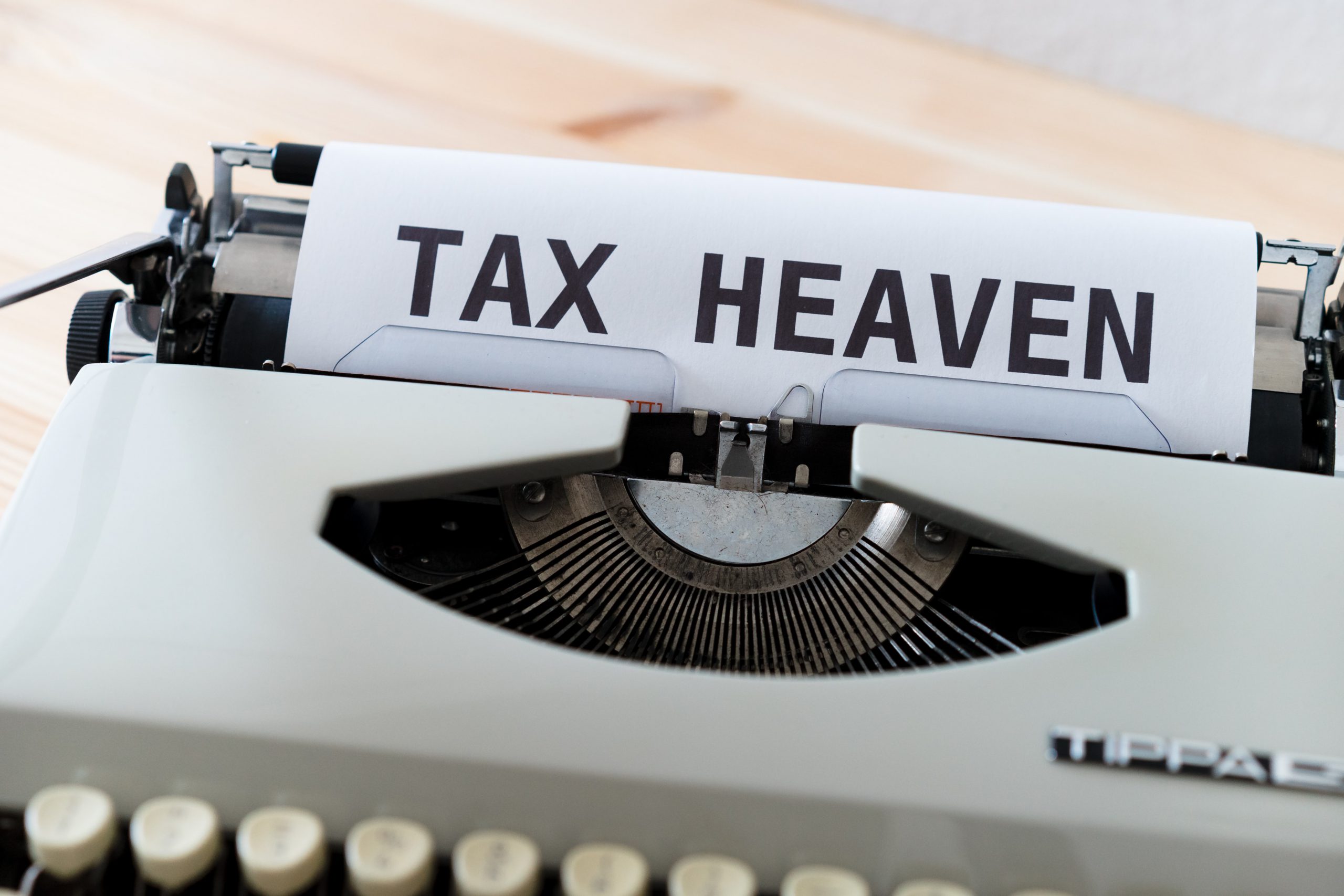
Owning a property offers attractive tax advantages in exchange for you contributing to the all-important supply of rental accommodation across the country.
And with the end of the financial year fast approaching, this is the time to take stock of the income and expenditure related to your investment home or unit.
A tax return that covers all potential claimable expenses can often be the difference between a negative or positive annual cash flow from your property.
As an experienced property manager, we know from experience that organisation is the key to maximising your opportunity to claim back your tax.
We assist all our clients by providing an Incomes & Expenditure report for the fiscal year. This helps reduce any anxiety and your workload. It also improves the accuracy of your lodgement and often results in a faster refund.
It’s always a good idea to get your financial records in good order yourself, if practical. It gives you insight into all your income and expenses across the year.
But remember, deductions can only be claimed for the time you have tenants in the property, or when it is genuinely up for rent. So, if you’ve had renters for only six months of the fiscal year, you might be entitled to half of what you’d typically expect.
As your property managers, we’ll always recommend professional accounting advice, especially as tax office rules can change every year. With professional advice, you’ll not miss out on a claim or fall foul of a rule breach.
Here are 10 ways to get a tax advantage from your property:
1. Rental advertising costs – If we’ve had to find you a new tenant, then your marketing expenses are a legitimate claim.
2. Interest on your loan – Together with bank fees, the interest that you’ve paid on your mortgage (not the reduction of the principal) can be claimed.
3. Council rates – While these are an annual cost, they can be claimed only for the period during which a tenant is in residence
4. Insurance – This is another core claim. You’ll likely have a landlord insurance policy and also building insurance.
5. Land tax – This is a tricky one, and we suggest that you consult an accountant before making any claim, or at least find the latest rules on the ATO’s website. Look for the “residential rental properties” area.
6. Strata fees – Like council rates, these can be claimed for the period in which you have a tenant. Don’t try to claim these and then add on “gardening” or “maintenance” expenses. The taxman is wise to this.
7. Depreciation – This can be a big-ticket item. You should have had a quantity surveyor create a depreciation schedule. (If not, we can guide you on this). Claims can cover contents such as appliances, carpets and blinds and, if within the rules, renovations and the actual building structure.
8. Maintenance – Claims are accepted if they relate to the general wear and tear of the property. Don’t confuse maintenance with depreciation. If a stove breaks and you replace it, that’s not maintenance; the stove has to be depreciated.
9. Garden – This is another slightly confusing area. You can claim costs of upkeep, such a lawn-mowing. Any expenses that add value to the property, such as a retaining wall, must be depreciated.
10. Professional services – An agency’s management fees, costs associated with accounting, book-keeping, and any legal expenses can all be claimed.
You’re welcome to discuss any issues or concerns with your property management and, again, we recommend professional accounting advice.
This information is general and does not constitute professional advice. You should seek professional advice concerning your particular circumstances before acting.
